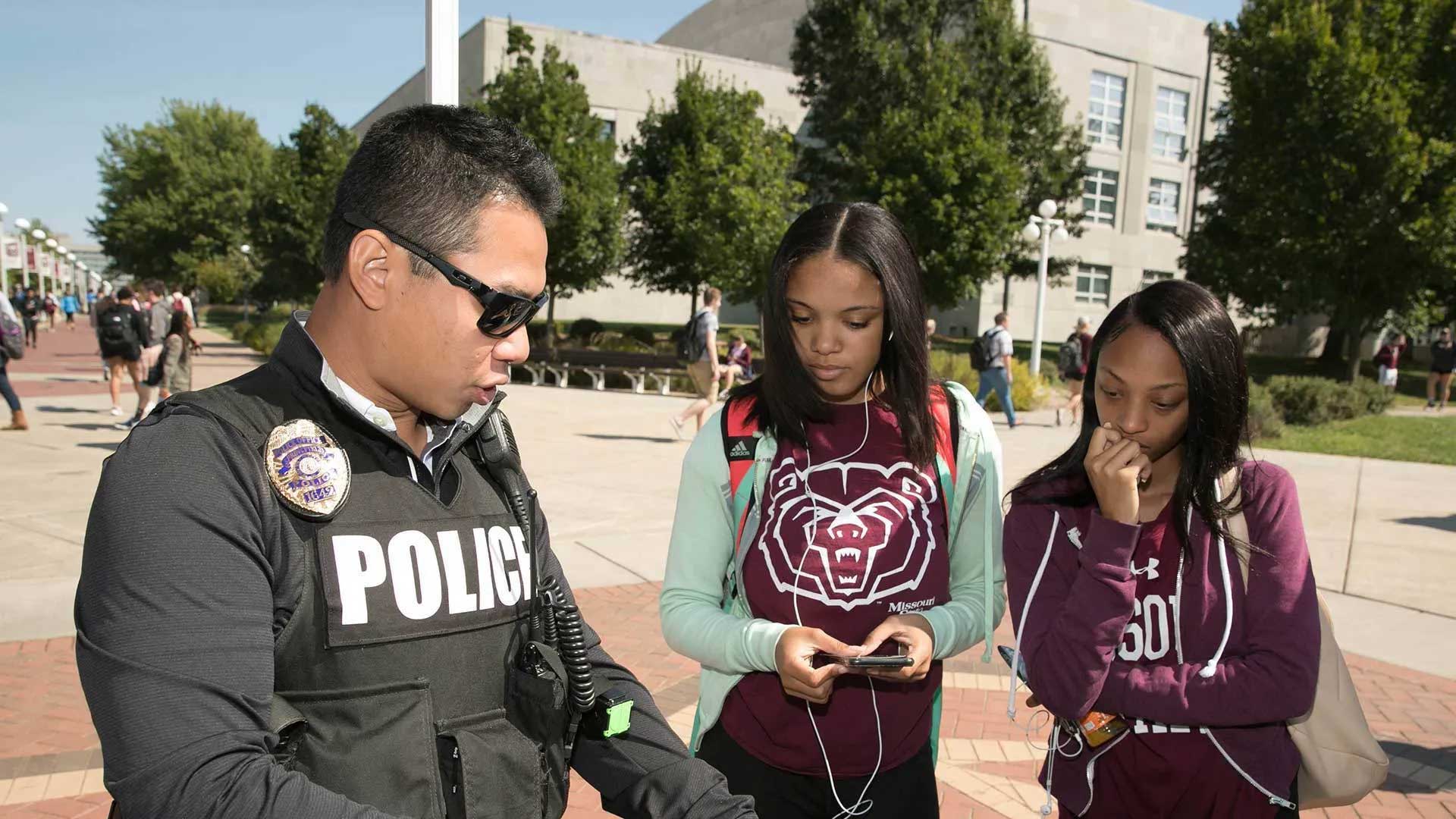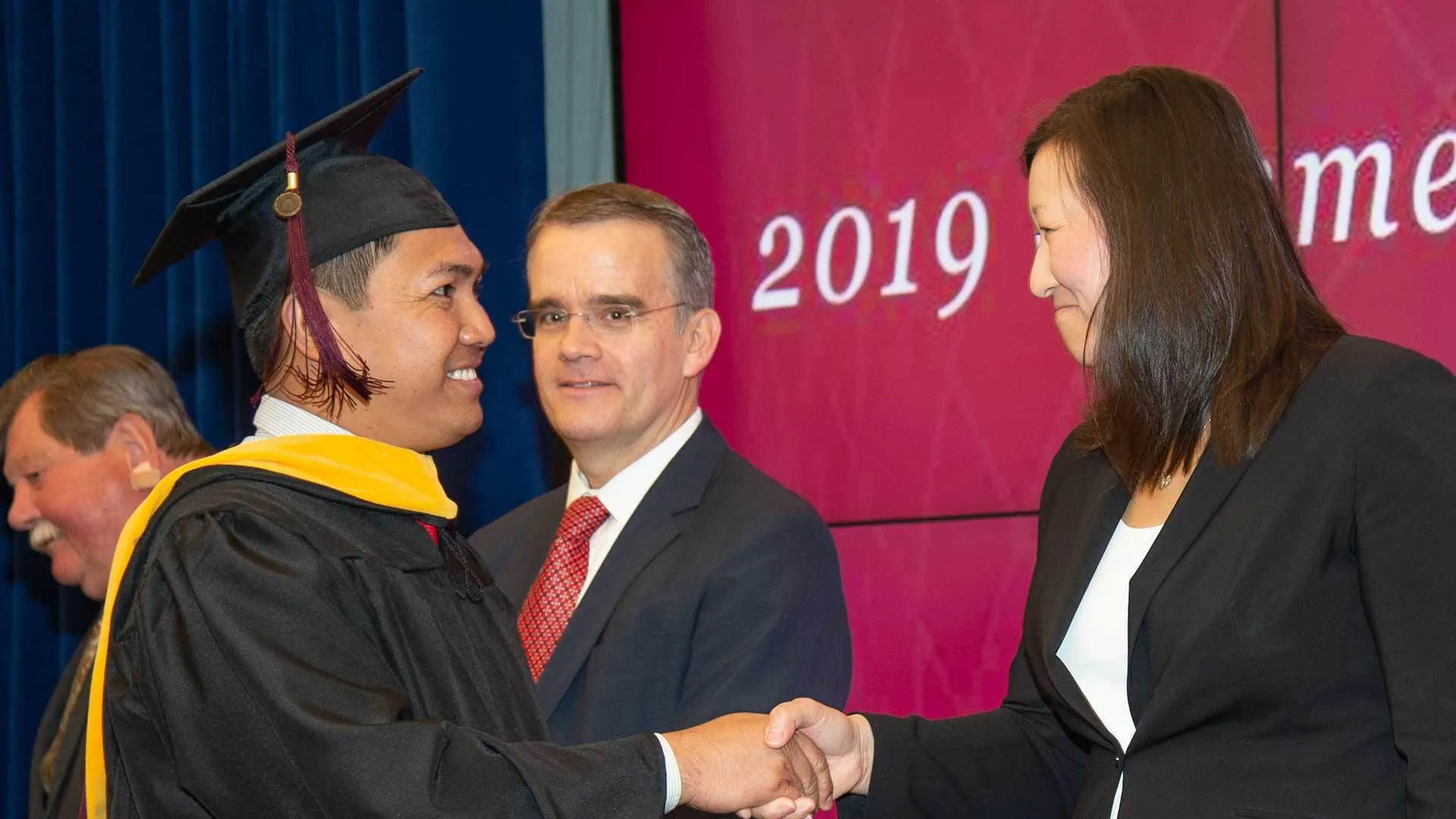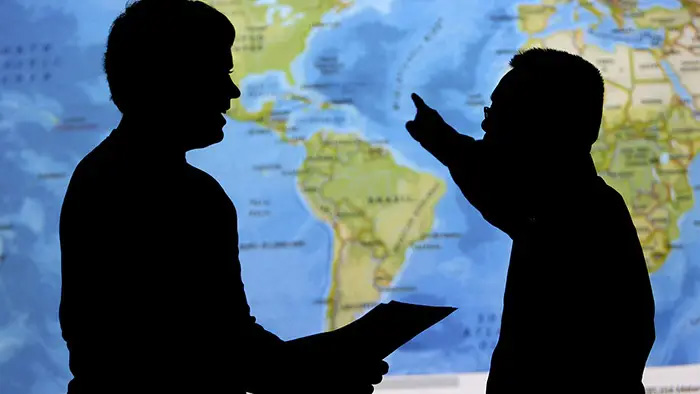Courses
- Art (ART) courses
- Dance (DAN) courses
- Design (DES) courses
- Museum Studies (MST) courses
- Music (MUS) courses
- Theatre (THE) courses
- Communication (COM) courses
- Journalism (JRN) courses
- Mass Media (MED) courses
- English (ENG) courses
- Criminology and Criminal Justice (CRM) courses
- Defense and Strategic Studies (DSS) courses
- Military Science (MIL) courses
- Anthropology (ANT) courses
- Arabic (ARB) courses
- Chinese (CHI) courses
- French (FRN) courses
- Global Studies (GBL) courses
- German (GRM) courses
- Gerontology (GER) courses
- Greek (GRK) courses
- Hebrew (HBW) courses
- Hindi (HIN) courses
- History (HST) courses
- Italian (ITL) courses
- Japanese (JPN) courses
- Korean (KOR) courses
- Language and Literature (LLT) courses
- Latin (LTN) courses
- Modern and Classical Languages (MCL) courses
- Philosophy (PHI) courses
- Political Science (PLS) courses
- Portuguese (PTG) courses
- Religious Studies (REL) courses
- Russian (RUS) courses
- Sociology (SOC) courses
- Spanish (SPN) courses
- Swahili (SWA) courses




